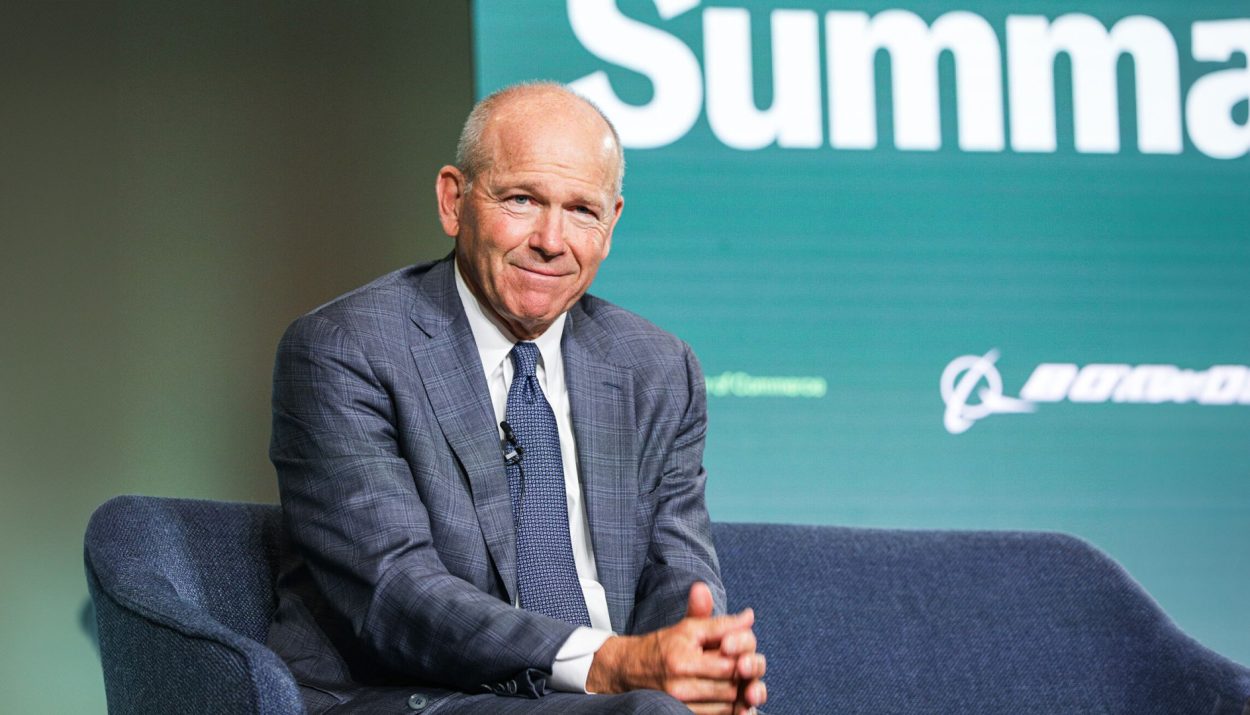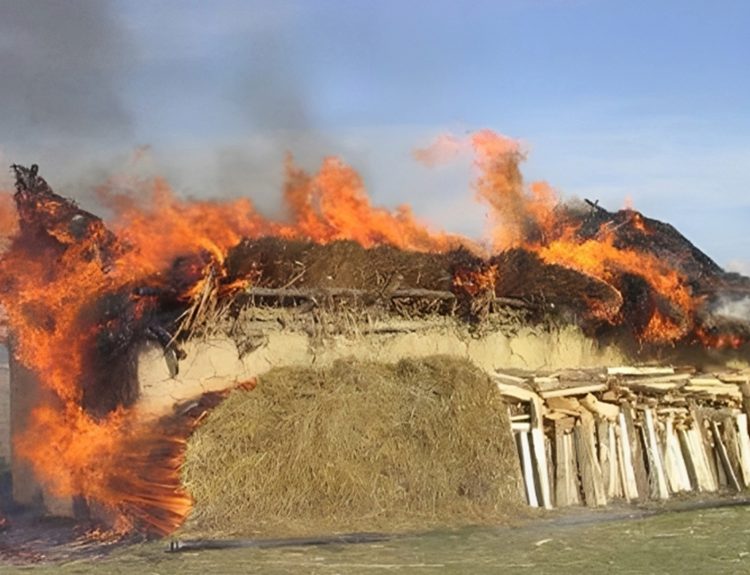Embattled aircraft manufacturer Boeing seems to be shifting its priorities and revamping its management. Boeing’s CEO, Dave Calhoun, is expected to step down by the end of this year to free the position up for someone who might be able to improve Boeing’s current fortunes. What led to his decision? Let’s take a deeper look.
The World’s Most Respected Brand Once Upon a Time
Boeing used to be the most respected aircraft manufacturer in the world, and its reputation was built on the wings of several aircraft that stood the test of time.
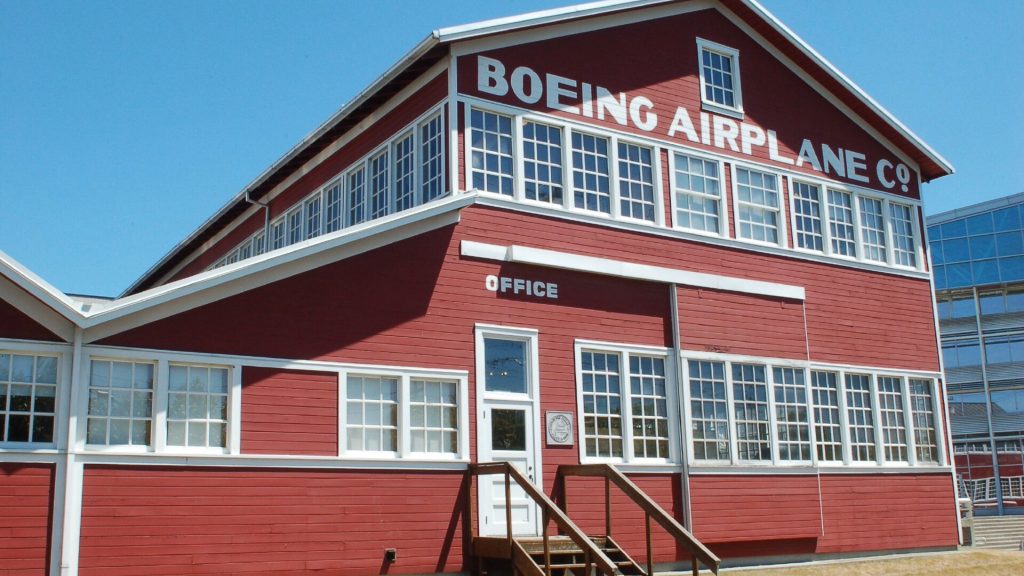
Pioneering innovations like the 707 jetliner and the 747 jumbo jet revolutionized air travel. Boeing’s history is marked by milestones, from military contracts to commercial dominance, shaping modern aviation.
A Long History of Aviation Excellence
Boeing, founded in 1916 by William Boeing, has evolved from a humble aircraft manufacturer into an aerospace giant. The company’s strategic acquisitions made it stand out as an industry leader.

Strategic mergers, such as those with McDonnell Douglas in 1997, expanded the company’s product range and market dominance, making them a force to be reckoned with.
Competition Starts To Appear
One of Boeing’s major competitors is the European company Airbus. Founded in 1970, Airbus challenged Boeing’s dominance of the skies and was supported financially by European governments.

The rivalry intensified in the 1990s when Airbus introduced the A320 family, challenging Boeing’s narrow-body market share.
The Next Generation Comes to Market
With Airbus challenging for dominance, Boeing responded with launching the Next-Generation 737 models, aiming to maintain its market dominance.
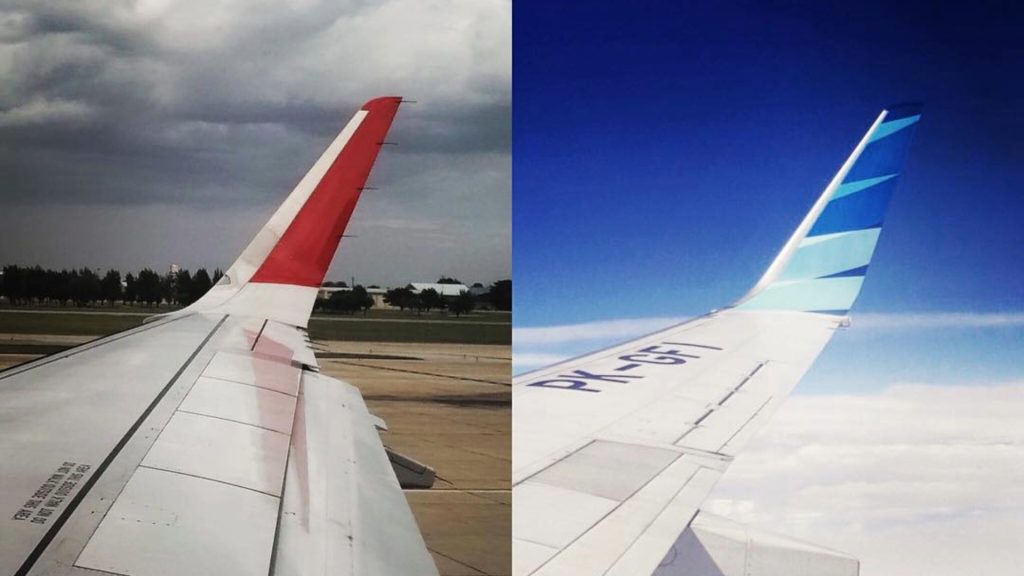
The rivalry escalated with the development of wide-body aircraft, such as the Airbus A330 and A340, which challenged Boeing’s 767 and 777 models. Both companies vied for contracts internationally.
The Cracks Start to Show
The first clue that all wasn’t well at Boeing was a series of crashes involving the 737 MAX 8 brand, which forced all planes of that type to remain grounded until investigations could determine the causes.
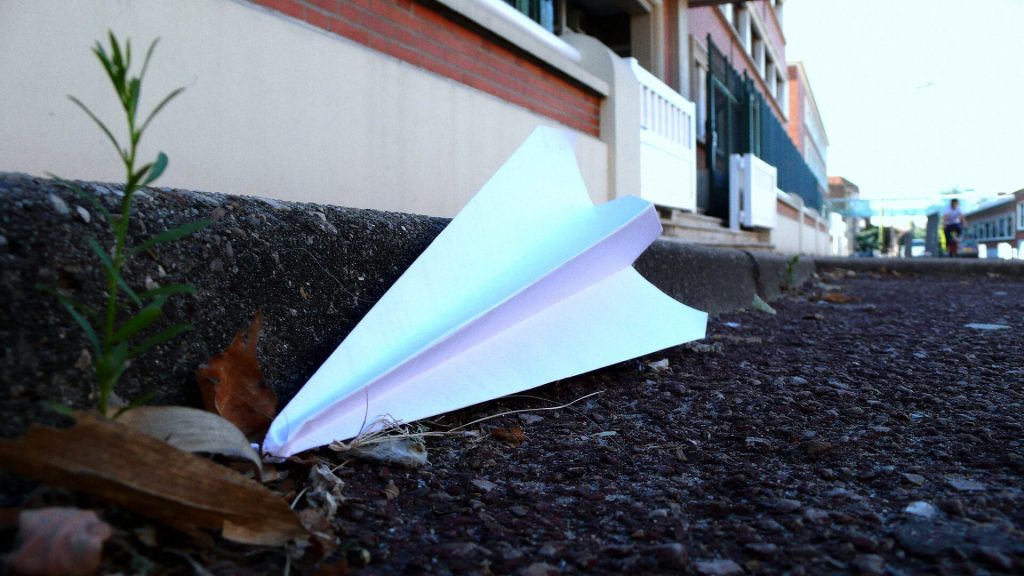
Boring’s MCAS system was to blame, and the company took responsibility for the crashes, redesigning the system to make it safer. However, public confidence in Boeing was shaken.
More Recent Issues With The Company
Over time, reports of the company’s negligence in quality assurance and inspection came out as people who previously worked for the company spoke out. Boeing’s reputation was tarnished.
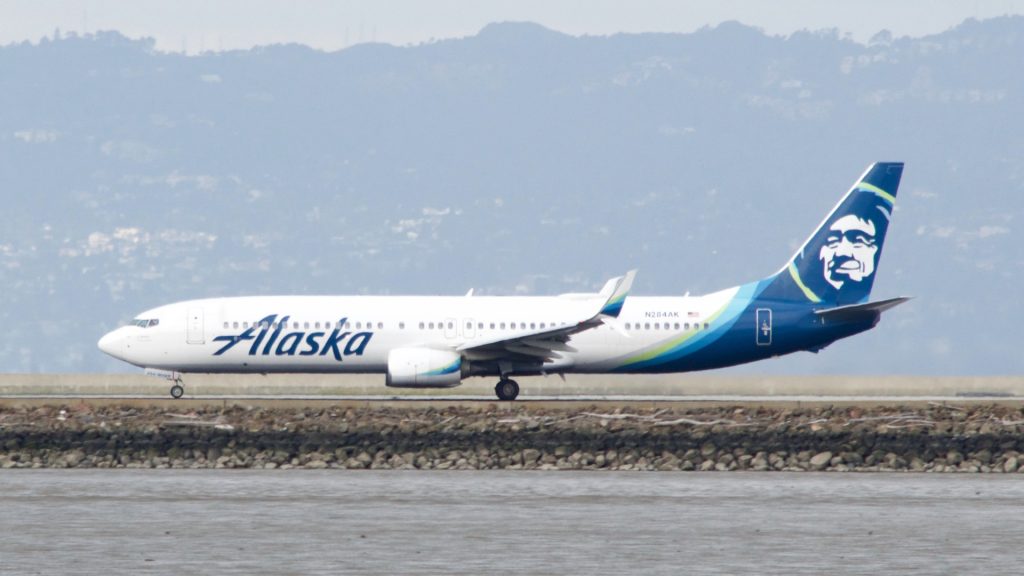
Most recently, a door plug on an Alaska Airlines flight Boeing 737 MAX 9 blew out while the plane was in transit. Six days before the aircraft was given to the company, Boeing signed off on its certificate of airworthiness.
Stock Prices Have Been Dropping
Boeing, usually a safe stock buy, has seen much of its value drop due to these mishaps and mistakes. Some former employees of the company blamed management.

In a recent video taken by an interviewer, more than half of the people working on Boeing planes said they would never fly in them, prompting some serious concerns from the public.
Whistleblower Found Dead
In another shocking turn of events, a former Boeing employee who turned into a witness against the company was found dead in his home of an apparent self-inflicted gunshot wound.

The man, John Barnett, was involved in a case trying to highlight Boeing’s negligence. He was deposed in front of Boeing’s lawyers last week. He accused the company of prioritizing profits over safety.
Calhoun’s Resignation Announcement Highlights Safety
On announcing his resignation, Calhoun stated that the company would continue doing the jobs it’s already committed to, striving for safety and quality in all it does.
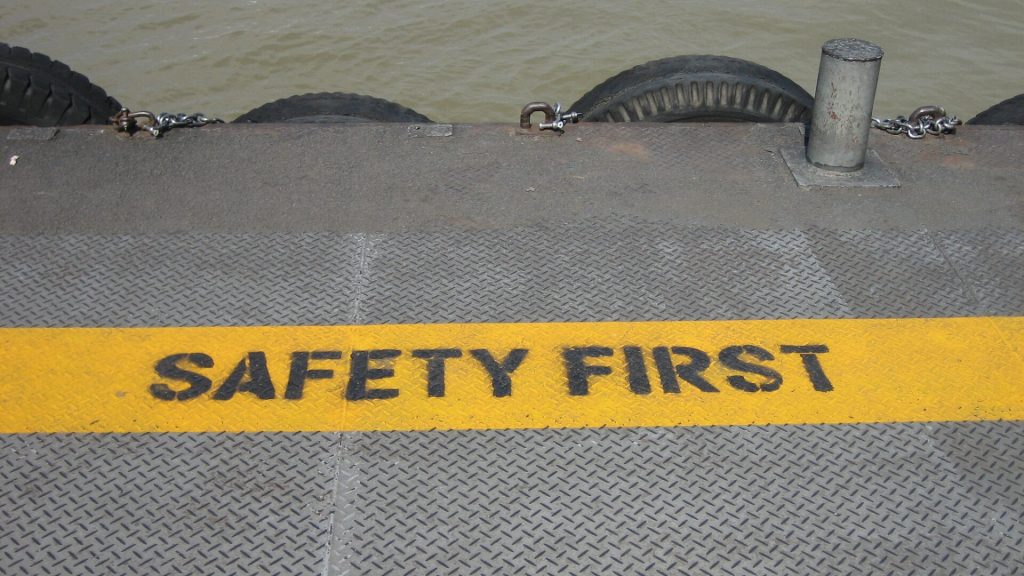
Board Chair Larry Kellner said he also intends to forgo nomination for another term as chairperson despite having been a board member for the past fifteen years.
Calhoun Came To The Fore In Extraordinary Times
It’s not fair to put the blame on Calhoun for a situation that predates him. When he took over at Boeing in 2019, the company was reeling from crashes of its 737 Max 8.
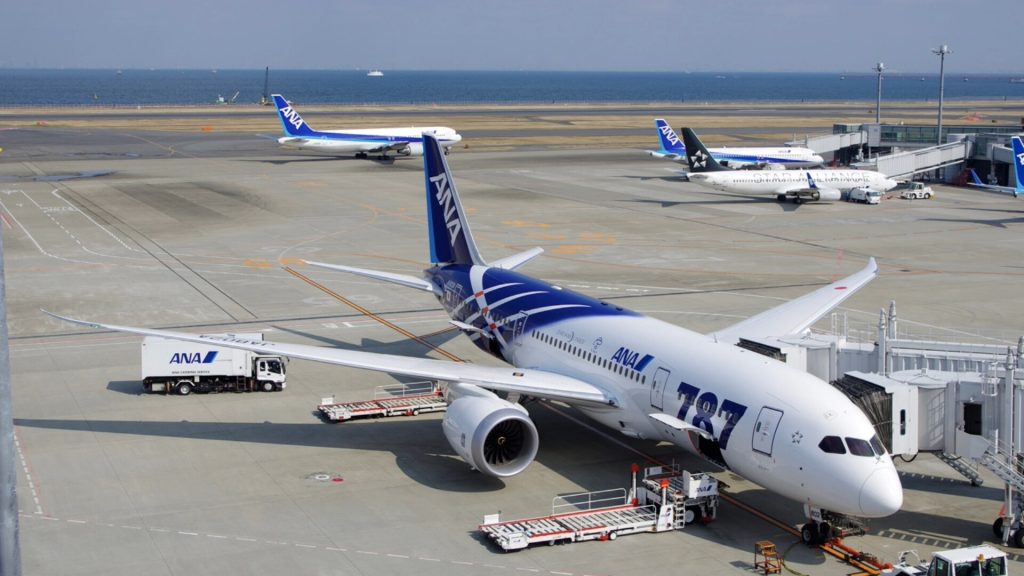
The crashes happened in Malaysia and Ethiopia and killed a combined 346 people. As a result, the 737 Max 8 was banned from flight until 2021, when they were cleared for use again.
Boeing Is In A Rough Spot
As a commercial aircraft manufacturer, the company is struggling to retain its market share and customer confidence in its airplanes. Recent disasters have painted the company in a bad light.

However, despite the company’s negative situation, it doesn’t have to worry about income. The majority of the company’s income comes from security contracts.
Commercial Sales Are Tough
Boeing’s sales have been stagnant for a while, but the company recorded an uptick in orders and sales in late February. However, the commercial production team is not out of the woods yet.

The total sales of aircraft from the company are well below normal. Compared to two decades ago, the commercial production arm of the company is doing fart less business.
Airbus Gaining Market Share
The long rivalry between Airbus and Boeing has seen the Europeans take center stage. Many of Boeing’s previous clients canceled their orders and went with Airbus instead.

Inconsistent production and quality have made companies wary of investing in Boeing’s products. Conversely, Airbus has consistent production and safety records, making it a safer investment.
Will Boeing Recover From This?
It’s too early to tell if Boeing will overcome the massive obstacles facing the company. Its reputation has taken a hit, and firing Calhoun might not help the situation much. Boeing’s big problem is its approach to safety and skirting regulations meant to ensure products are safe for consumers.
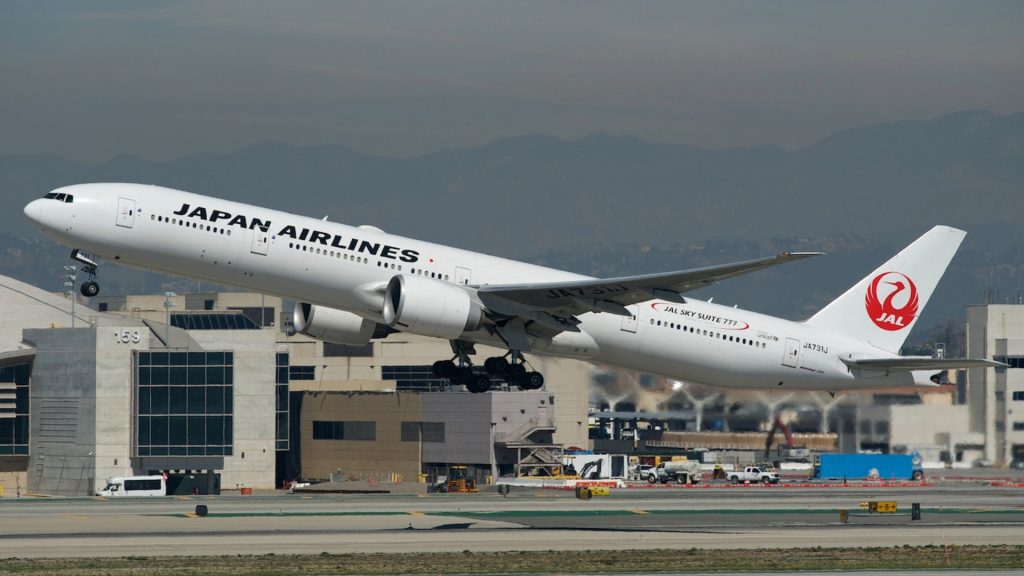
The company has inadvertently shot itself in the foot in its quest for profits. The procedures and lack of quality assurance have led to declining customer confidence. No company wants to spend millions on an aircraft just to have it fall out of the sky. Maybe Calhoun’s replacement, Steve Mollenkopf, former CEO of chipmaker Qualcomm, will change things. Only time will tell.

